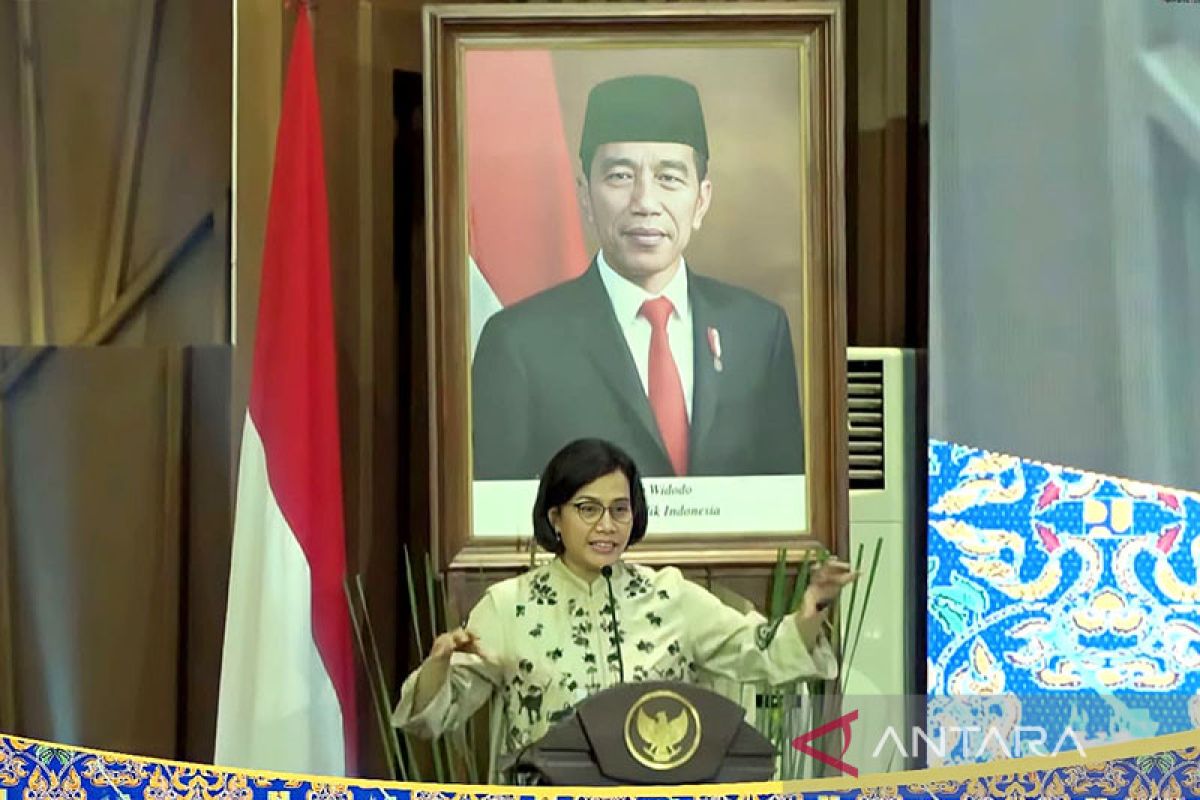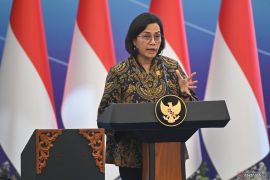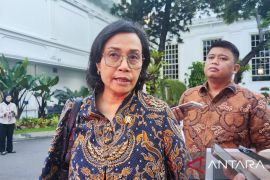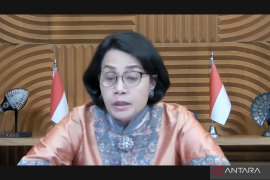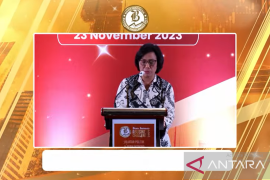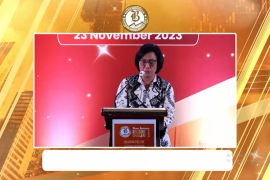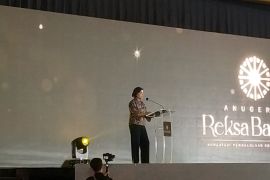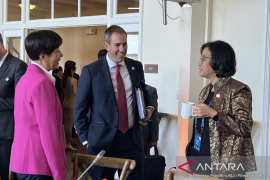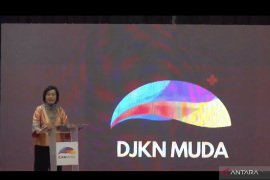With excise as a fiscal instrument to control consumption, we hope that the excise will increase prices, which will then reduce the number of smokers.Jakarta (ANTARA) - The government's policy to increase the excise on tobacco products (CHT) will automatically push up cigarette prices, and thereby, help control cigarette consumption, Finance Minister Sri Mulyani Indrawati has said.
"With excise as a fiscal instrument to control consumption, we hope that the excise will increase prices, which will then reduce the number of smokers," she informed during a working meeting with Commission XI of the Indonesian House of Representatives (DPR RI) in Jakarta on Monday.
The minister said that so far, Indonesia ranks first in the world in terms of the prevalence of adult male smokers, which has been recorded at 71.3 percent.
Meanwhile, the prevalence of adult smokers in Indonesia, which stands at 37.6 percent, is the fifth highest in the world.
She noted that the prevalence of smoking among children aged 10 to 18 years is still high: it was recorded at 9.1 percent in 2018, 9.87 percent in 2019, 8.99 percent in 2020, 9.18 percent in 2021, and 9.04 percent in 2022.
Meanwhile, the 2020–2024 National Medium-Term Development Plan (RPJMN) is targeting to bring down the prevalence of smoking in children to 8.7 percent by 2024.
The price of cigarettes in Indonesia is relatively cheap at just US$2.1, which is far below the global average of US$4 and much lower compared to Australia, where cigarettes are the most expensive at US$21, Indrawati said.
Therefore, the government is supporting an increase in excise rates on tobacco products to boost the cigarette price index since it has the potential to reduce the public consumption of cigarettes.
Moreover, cigarettes are among the two largest expenditure components for households in Indonesia, both in urban and rural areas, the minister noted.
In fact, an average poor household spends Rp246,382 per month on buying cigarettes, which should ideally be used to buy food to improve nutrition.
In addition, a 1-percent increase in cigarette spending would increase the potential of households becoming poor by 6 percent.
"This is a dilemma: how can we influence household consumption to prioritize more nutritious goods to help the growth of their children to become healthy and productive?” she asked.
Therefore, the government is planning to raise tobacco excise rates by 10 percent in 2023 and 2024 an average for hand-rolled cigarettes (SKT), with the maximum increase capped at 5 percent per year.
The government has also adjusted the minimum retail price (HJE) by considering the developments in market prices and the average increase in cigarette excise duty.
The government will also increase excise rates for all types of electric cigarettes (REL) by 15 percent and other tobacco products (HPTL) by 6 percent every year for the next 5 years.
Related news: BPKN backs regulations for alternative tobacco products
Related news: Several factors considered before deciding to raise tobacco excise
Related news: Tobacco excise hike to boost state revenue: Indef
Translator: Astrid Faidlatul H, Resinta S
Editor: Sri Haryati
Copyright © ANTARA 2022
